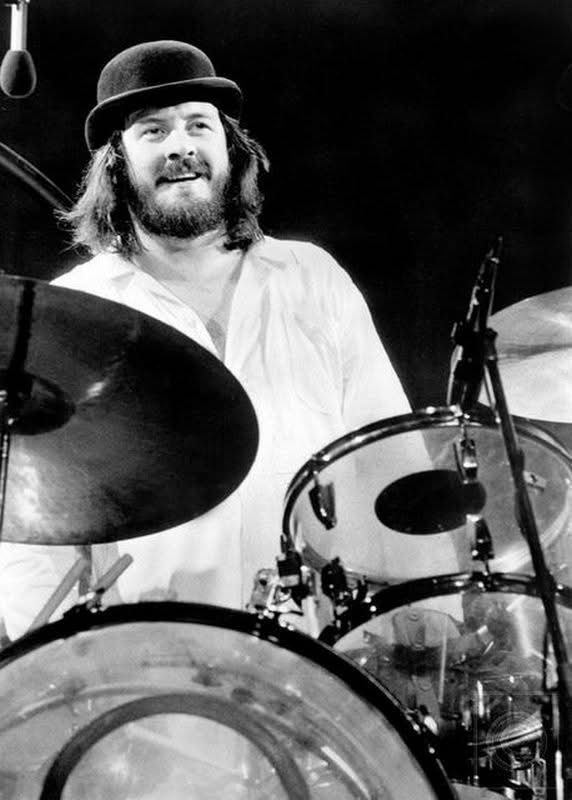Offstage, John Bonham was known for his larger-than-life personality—a man of immense energy, humor, and presence. But beyond the bravado, he was fiercely loyal to his bandmates and deeply devoted to music. He brought not just technical prowess to Led Zeppelin, but also heart and soul, making him an irreplaceable force in the group’s dynamic. Tragically, Bonham’s life was cut short in 1980 at the age of 32 due to alcohol-related causes, a loss that sent shockwaves through the rock world. His death marked the end of an era, and in a rare move that spoke volumes about his importance, Led Zeppelin chose to disband rather than replace him. It was a decision that underscored just how vital Bonham was to their sound and spirit.
John Bonham’s legacy as one of the greatest drummers in rock history has only grown with time. His style was thunderous yet precise, blending raw power with a deep groove and a jazz-influenced sense of timing. Whether it was the explosive solo in “Moby Dick” or the unrelenting drive of “When the Levee Breaks,” Bonham didn’t just keep the beat—he elevated every track he touched. His drumming had weight and character, often acting as a lead instrument rather than a supporting one.
His influence resonates through generations of musicians, from Dave Grohl’s pounding intensity to Lars Ulrich’s rhythmic aggression to Questlove’s nuanced appreciation for feel and pocket. Bonham redefined what it meant to be a rock drummer, setting a gold standard that continues to inspire. He wasn’t merely a timekeeper—he was a musical architect, a sonic powerhouse, and a legend whose impact is still felt in every thunderous kick and crisp snare that echoes through the world of rock music today.










